Happy Lunar New year!! It is now the year of the tiger! I hope all of you celebrating have a lovely time, however you are able to celebrate.
I don’t talk too much about my mixed race identity on here (I am mixed Chinese American), but a couple years ago (in 2020) I had the opportunity to do so. CW of The Quiet Pond invited me to be a guest on her blog for Asian Heritage Month. I even got to have my own pondsona – a phoenix!! CW always slays with her artwork, this is no exception. I mean look!! So cute right?

I wrote a discussion post about The Girl From Everywhere, which is a book by a mixed Chinese American author, about a main character who is also mixed Chinese. You can find that original post here! For this Lunar New Year, I decided I wanted to re-post that discussion here. It’s a post that I’m really proud of, and I hope you take the time to read it, it would mean a lot to me.
I tend to have this weird feeling towards my Asian heritage, due to my background. Always proud of it! But obviously it’s not always a simple feeling. I am mixed race Chinese and white, and have grown up in the US pretty removed from my Chinese heritage (seeing as how my family moved to the US from China quite a few generations ago). So it’s kind of weird to have pride in your heritage, but not be able to speak Chinese, or cook the food, or interact much with the culture. I’m sure many people can relate – it’s a feeling of being but not quite belonging. Or feeling stuck in between – not quite white, not quite Chinese, in my case. It’s kind of hard for me to describe, since it’s something that is confusing for me, but not something that causes me pain – and I am lucky in that regard, since I know this is much more of a struggle for others.

So when it comes to books, I feel like I’m still kind of in that in between place in terms of representation. Firstly, just for the fact that publishing has been so dominated by white voices – though thankfully that is (slowly) changing. But on top of that, until I read The Girl From Everywhere by Heidi Heilig, I don’t think I had read a novel that centered around a mixed race character – not in fantasy at least. It was so exciting to find a book that not only followed a mixed race main character, but one that was of the same heritage as me! And not only that, it’s an own voices book!!
There are a lot of things I admire about Heidi Heilig, beyond just writing a character with my own background (and her own). I’ve followed her on Twitter for a while, and I love how she is so open about her own mental health struggles and her bipolar disorder. It really helps me as someone who struggles with anxiety and depression to see someone be so open and real about it. Talking about it without stigma, and with acceptance. It helps me be more open myself, and I think that has actually helped with my struggles. Additionally, she doesn’t shy away from writing about things like mental health and other incredibly important topics in her novels. Her trilogy that starts with For a Muse of Fire centers around a bipolar character! We stan an #ownvoices queen. Both of her books also deal with racism, colonialism, and much much more.
Since The Girl From Everywhere is so close to my own identity, I wanted to talk about it in a bit more detail. So, you probably wanna know what this book is even about?? Haha WELL! It’s a magical time travel adventure that follows the crew of the ship Temptation. The captain, who is the father of the main character Nix, is desperate to find a way to save the love of his life, Nix’s mother who died shortly after Nix’s birth. This involves acquiring a hand drawn map, as this is how the captain is able to Navigate aka time travel to different times and places. As long as they have a map of a particular place and time, they can travel there – so they can even travel to mythical places! But for Nix, this is a problem. Due to the complexity of time travel, people can’t travel to where they already exist – so if they go back to save Nix’s mother, what will happen to her? Will she be abandoned? Will she cease to exist?
So at a very surface level, TGFE is kind of like a treasure hunt for a particular map, but it’s soooo much more than that. I feel like at its core it’s more of an exploration of the complexities of family, love, and loss, and how all of these things shape people. Nix’s father, Slate, has lived his life truly defining himself by his grief for Nix’s mother, Lin. His whole life’s purpose has been to save her, and this alienates him from his own daughter. She loves him, of course, but also feels resentment that he can’t see Nix for who she is, rather than as a reminder of what he has lost.
And even more than that, it’s a story about belonging. You can kind of see this just from the title, which describes Nix herself – “The Girl From Everywhere.” Having grown up on this ship, and grown up traveling to an uncountable number of different places, she doesn’t really see herself as being from a particular place, and definitely not the place of her birth since she didn’t spend time there. Nix struggles with her heritage in this sense, rather than in the more concrete sense of being mixed race.
“What had I been expecting to find, or to feel? As I walked the streets of my birth, there was no sense of terroir, of groundedness. I didn’t belong here more than I belonged anywhere else.” (TGFE, Heidi Heilig)
But I think it’s still a good analogy for the struggle of many mixed race people, myself included, of feeling like we don’t truly belong anywhere, even though we are “from” many places (i.e. have different heritages). Through the novel, Nix spends more time in Hawaii, where she was born and in a time that she could have lived, had things gone differently. She then imagines what her life would have been like. For me this kinda mirrors how I feel about Chinese culture, and language in particular. Would I feel more connected to my culture and ancestors if I had kept up my childhood lessons and practice, and could speak fluent Chinese? Not an exact metaphor, obviously, but the story manages to evoke the same feeling in me that Nix is feeling which is… I don’t know. It just makes me feeeeeel. And think. Which not a lot of books do.
I feel like everything I’ve said about my own experience, and about TGFE is very reflective of my heritage – it’s all mixed up! And reflective of my thoughts about my heritage – also mixed! And rambly and only somewhat cohesive. I hope that this resonates with some of you from similar backgrounds, and I hope that you do check out TGFE and Heidi Heilig’s work!
Thank you so much for taking the time to read this! And thank you to CW for originally having me as a guest. I highly recommend you check out all the other posts made for Asian Heritage Month that year (which you can find linked here). There were also some incredible posts in 2021 for Asian Pasifika Heritage Month. The 2021 intro post is here, and you can find all of the other posts for that month here.
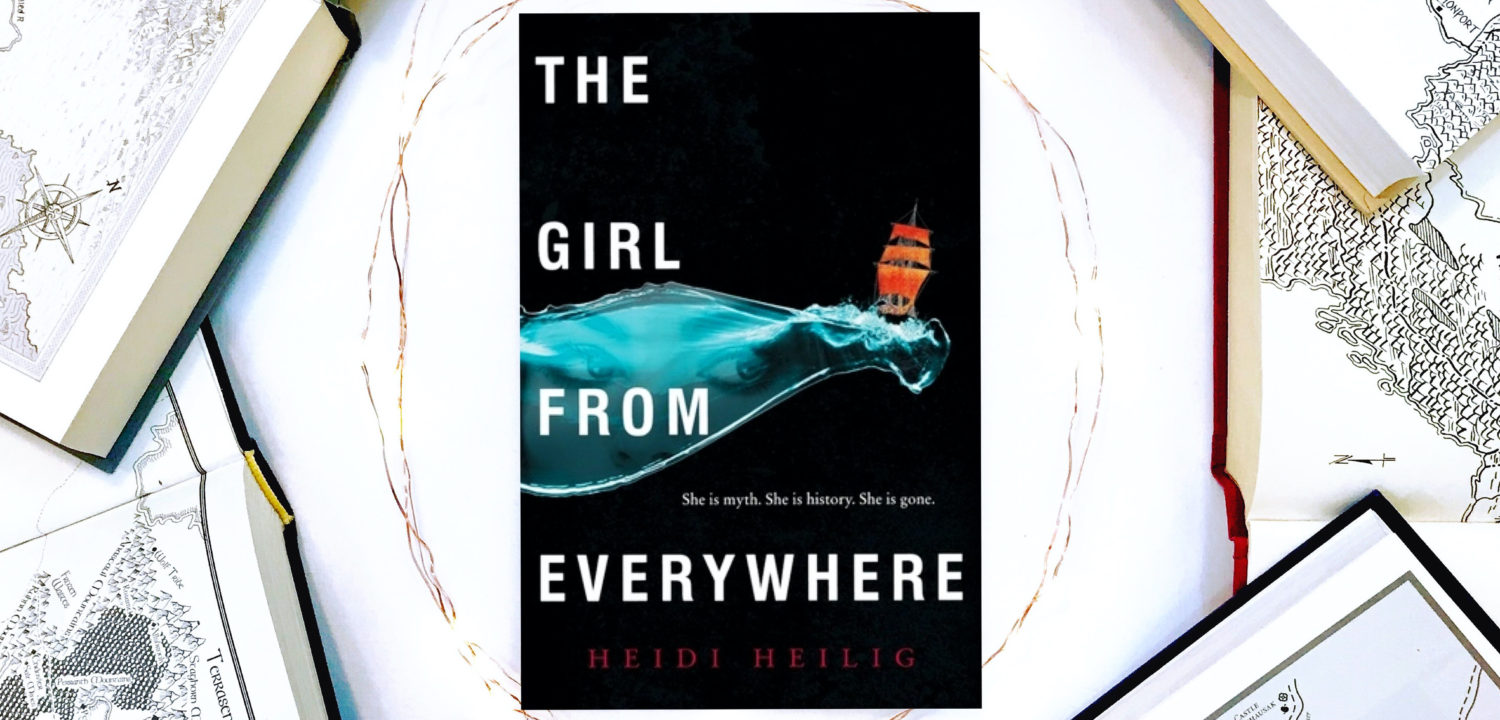

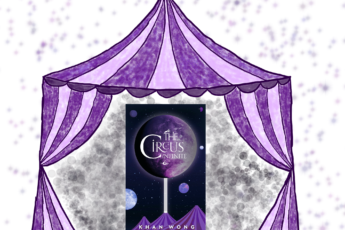
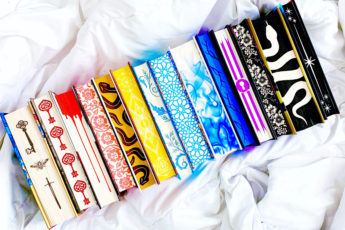




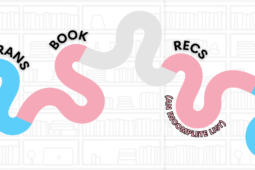



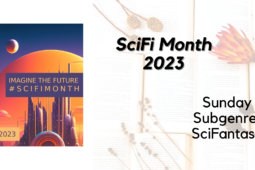
💚💚
love you maraia 🙂
Ah I am mixed too (Chinese and white, though the “white” side of the fam is a bit mixed too, not 100% European). It is interesting because I feel like what I look like to someone else is a litmus test on if someone is more familiar with Asian faces (in which I’m obviously not full Asian) or white (in which I’m obvs Asian!). But I meanwhile get very excited to see mixed people and identifying that someone is mixed. 😄 It’s a club that’s growing. We don’t all have the same cultural background, because sometimes one side of the family’s culture was focused on more than the other, or where we grew up was the focus. But I think we have similar experiences with wondering where we fit in. On hopeful days my answer is like the book title: everywhere.
ahhh wow yes so we are vERY similar. but yeah I feel you – it’s a club where we’re all just trying to figure it out and figure out how to live in dual (or more!) cultures
I didn’t realize The Girl From Everywhere featured a mixed protagonist! It kind of fell off my radar, but I’ll have to put it back on my TBR. Thanks for sharing ♥♥
of course!! thank you so much for reading 🙂